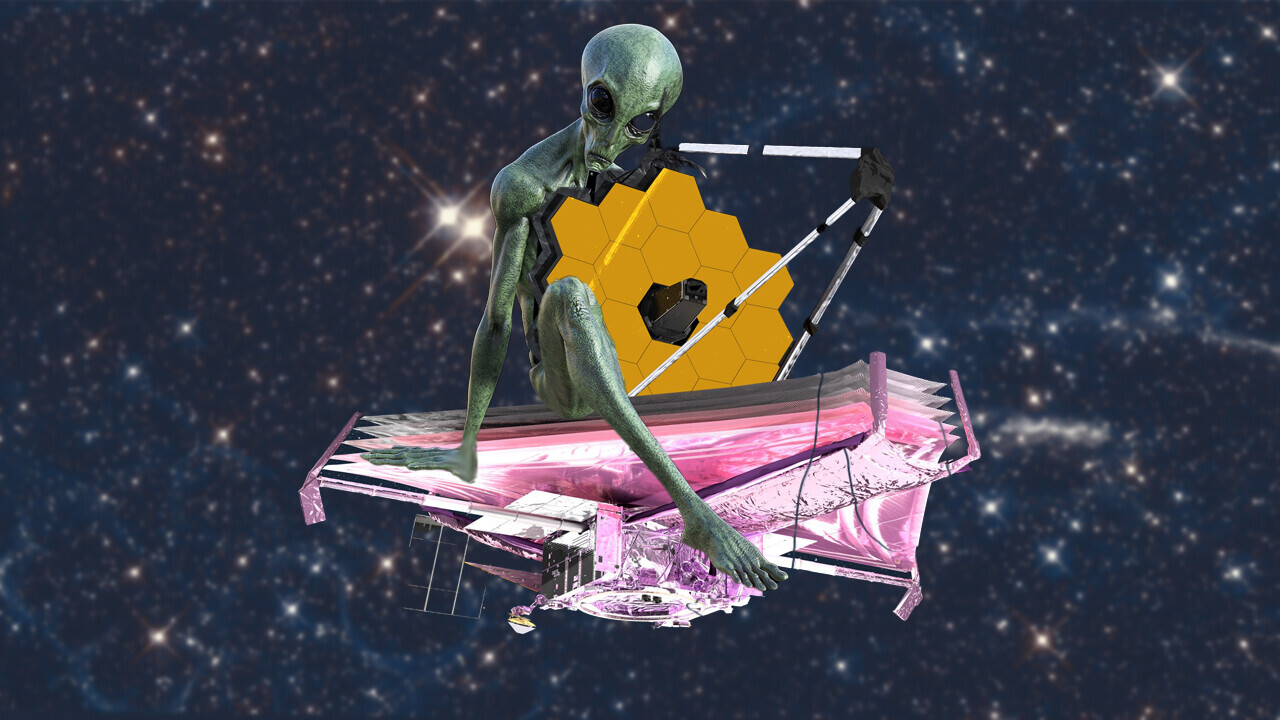
The recent launch of the James Webb space telescope has the science world abuzz with dreams of cosmic breakthroughs in our understanding of the universe. Scientists hope it’ll help us gaze back in time to the universe’s origin, explain the mysteries of dark matter, and find definitive proof of ET.
Each of those results would be among the greatest scientific accomplishments in human history. But the aliens one might have the biggest immediate impact on civilization.
For that very reason, a team of scientists working at NASA have proposed drafting a framework by which the US government should go about informing the public on its findings in the event the space agency discovers evidence for extraterrestrial life.
Per the NASA document outlining the request:
Our generation could realistically be the one to discover evidence of life beyond Earth. With this privileged potential comes responsibility. The magnitude of the question of whether we are alone in the Universe, and the public interest therein, opens the possibility that results may be taken to imply more than the observations support, or than the observers intend.
The researchers propose a progressive system where evidence would be presented on a scale of one through seven, starting with the detection of a biological signal and ending with definitive confirmation of the presence of alien biology.
That sounds a lot like typical science reporting, however, so it’s unlikely the general public’s going to be biting its nails with each NASA update wondering if we’re at a “five” or a “six” on the progressive alien biology scale.

Instead, it would be more interesting to see what NASA’s standard operating procedures for direct face-to-face encounters with advanced intelligent alien life would look like.
We’d like to believe that the US government would immediately inform the public if, as a hypothetical example, the James Webb space telescope manages to pick up definitive evidence of active alien technology on a nearby habitable planet.
But, considering that same government withheld official documentation of unexplained aerial phenomena (UAP, also known as UFOs) from the public for decades before finally confirming their existence in 2020, it’s worth worrying about whether NASA would even let us know if it does discover evidence for alien life.
It’s also worth mentioning, as any fan of science fiction knows, that full disclosure might not be the best policy when it comes to informing the general public.
If we happen across evidence for the existence of space microbes on a distant planet that’s one thing, but what if the US government stumbles across an evil alien armada?
Maybe the fictional Agent Kay from the Men In Black film series had the correct assessment when they explained why a civilization full of rational people wouldn’t be able to accept the knowledge that aliens were real and some of them were dangerous: “A person is smart. People are dumb, panicky dangerous animals and you know it.”
Should NASA tell us if it finds evidence of alien life, no matter what? Or should there be a “progressive scale” for that too?
Get the TNW newsletter
Get the most important tech news in your inbox each week.





